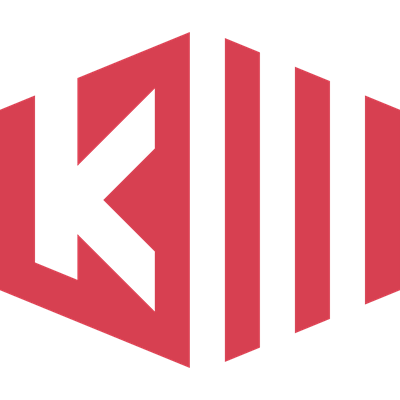freakfrik
freak (v)
- present
- freaks
- past
- freaked
- past participle
- freaked
- present participle
- freaking
freak (n)
- plural
- freaks
English Definitions:
freak, monster, monstrosity, lusus naturae (noun)
a person or animal that is markedly unusual or deformed
addict, nut, freak, junkie, junky (verb)
someone who is so ardently devoted to something that it resembles an addiction
"a golf addict"; "a car nut"; "a bodybuilding freak"; "a news junkie"
freak out, freak, gross out (verb)
lose one's nerve
"When he saw the accident, he freaked out"
Freak
In current usage, the word "freak" is commonly used to refer to a person with something strikingly unusual about their appearance or behaviour. This usage dates from the so-called freak scene of the 1960s and 1970s. An older usage refers to the physically deformed, or having extraordinary diseases and conditions, such as sideshow performers. This has fallen into disuse, except as a pejorative, and as jargon. "Freaks" of this kind can be classified into two groups: natural freaks and made freaks. A natural freak would usually refer to a genetic abnormality, while a made freak is a once normal person who experienced or initiated an alteration at some point in life. "Freak" continues to be used to describe genetic mutations in plants and animals, i.e. "freaks of nature." "Freak" can also be used in a verb form, and can mean: "to become stressed and upset". Usually, in this form, the word is followed by "out" to complete the phrase, "freaking out". However, this meaning and usage is usually considered slang. Adjectival forms include "freakish" as well as "freaky." The verb "freaking" means "engaging in panicked or uncontrolled behavior"--for example, as the result of psychedelic drug use. "Freaking" may also be a minced oath used in place of "fucking," e.g. "Oh my freaking God!" The word is a homophone of "phreak", which it probably inspired.
FREAK
FREAK ("Factoring RSA Export Keys") is a security exploit of a cryptographic weakness in the SSL/TLS protocols introduced decades earlier for compliance with U.S. cryptography export regulations. These involved limiting exportable software to use only public key pairs with RSA moduli of 512 bits or less (so-called RSA_EXPORT keys), with the intention of allowing them to be broken easily by the National Security Agency (NSA), but not by other organizations with lesser computing resources. However, by the early 2010s, increases in computing power meant that they could be broken by anyone with access to relatively modest computing resources using the well-known Number Field Sieve algorithm, using as little as $100 of cloud computing services. Combined with the ability of a man-in-the-middle attack to manipulate the initial cipher suite negotiation between the endpoints in the connection and the fact that the Finished hash only depended on the master secret, this meant that a man-in-the-middle attack with only a modest amount of computation could break the security of any website that allowed the use of 512-bit export-grade keys. While the exploit was only discovered in 2015, its underlying vulnerabilities had been present for many years, dating back to the 1990s.
Citation
Use the citation below to add this dictionary page to your bibliography:
Style:MLAChicagoAPA
"freak." Kamus.net. STANDS4 LLC, 2024. Web. 22 Oct. 2024. <https://www.kamus.net/english/freak>.


Discuss this bahasa indonesia freak translation with the community:
Report Comment
We're doing our best to make sure our content is useful, accurate and safe.
If by any chance you spot an inappropriate comment while navigating through our website please use this form to let us know, and we'll take care of it shortly.
Attachment
You need to be logged in to favorite.
Log In